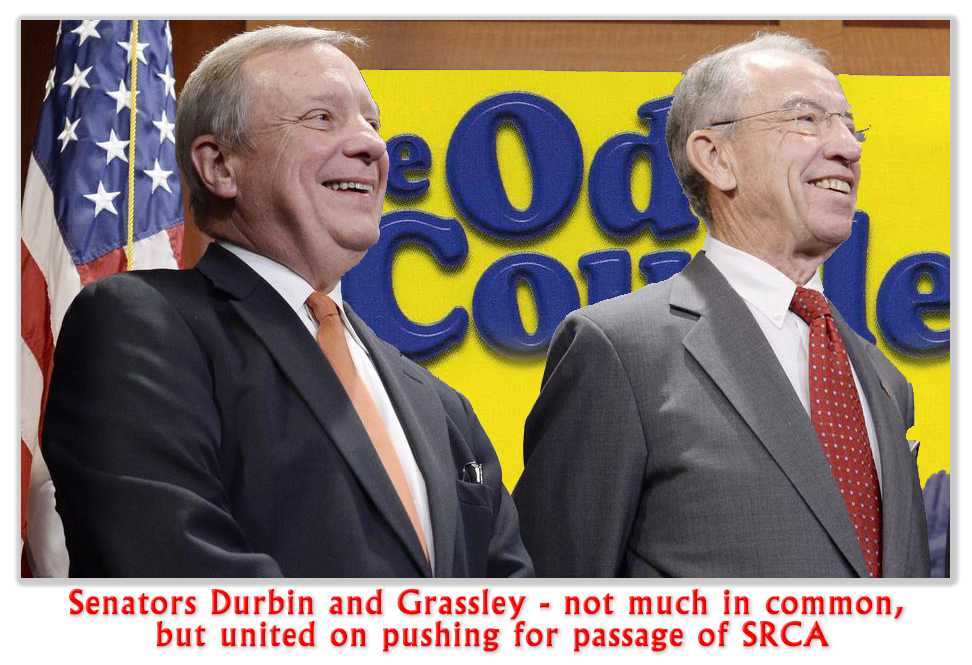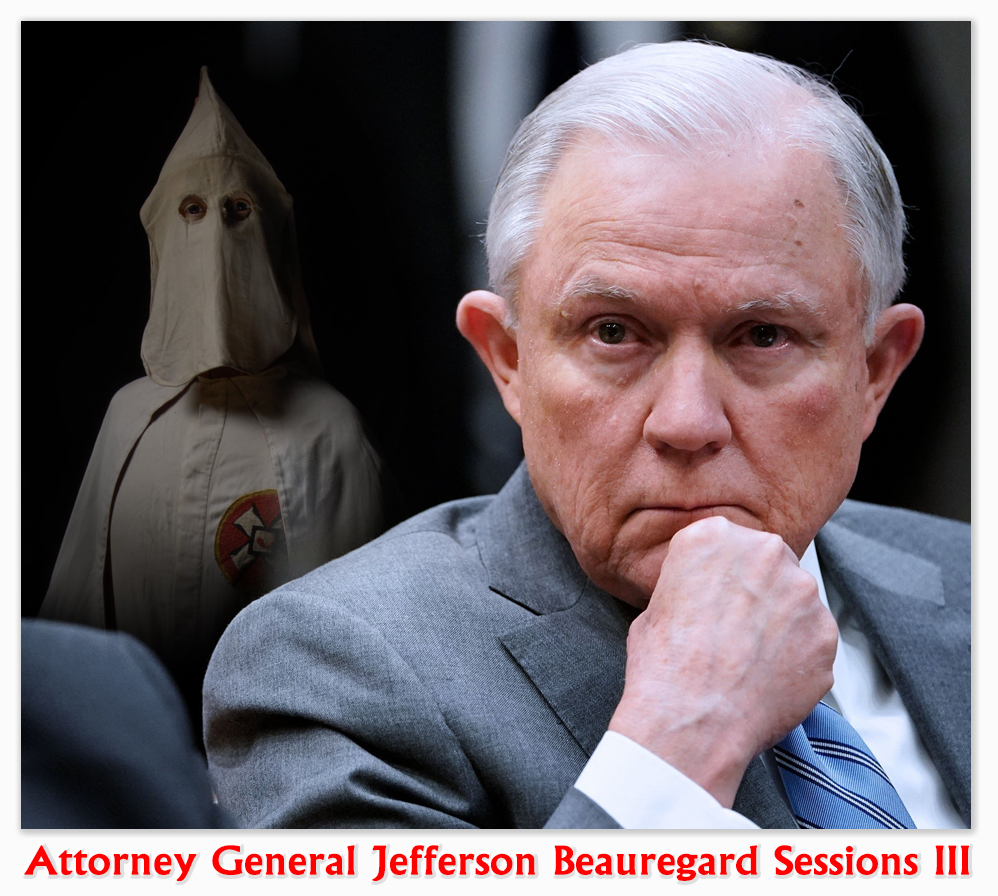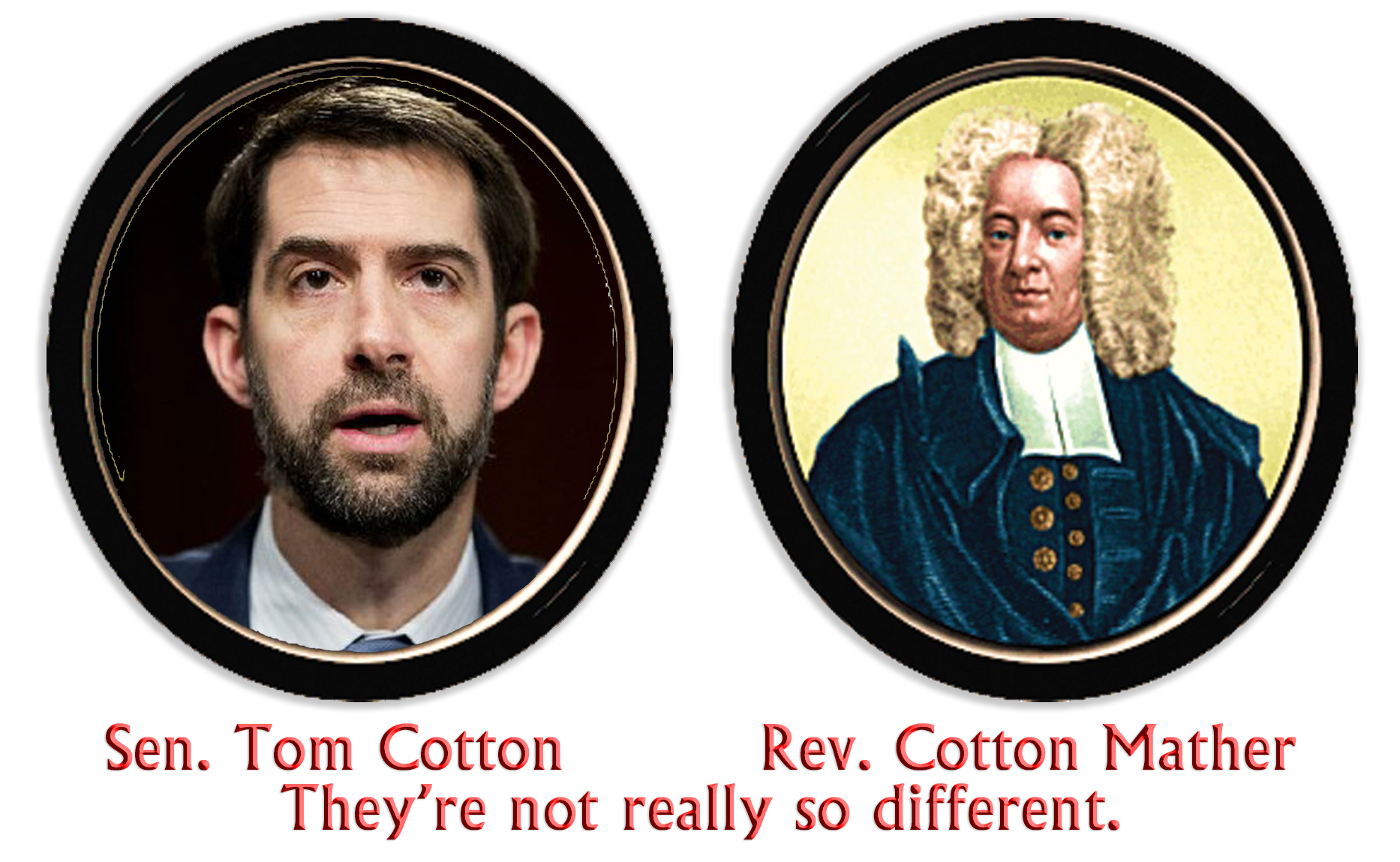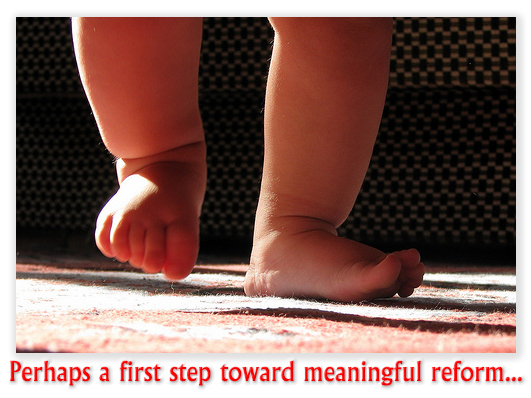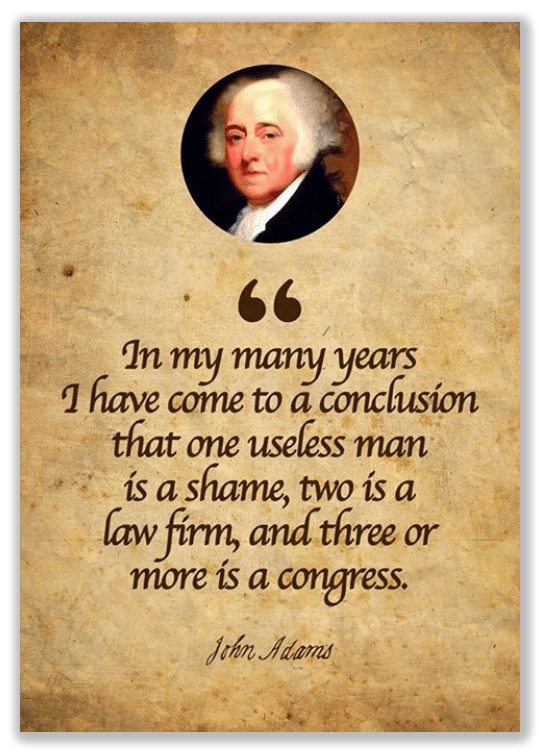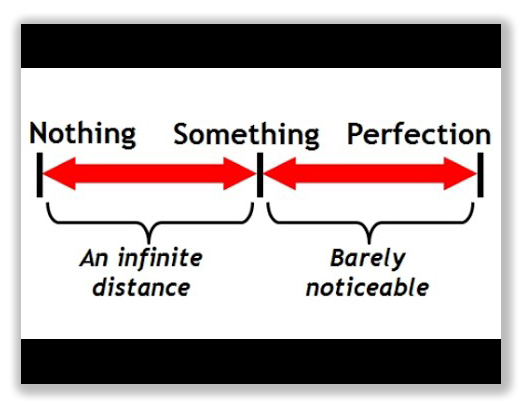We post news and comment on federal criminal justice issues, focused primarily on trial and post-conviction matters, legislative initiatives, and sentencing issues.

MCCONNELL WILL BRING FIRST STEP TO SENATE VOTE NEXT MONTH IF SUPPORT IS THERE
A chance for criminal justice reform returned to the Senate last week, when Senate Majority Leader Mitch McConnell (R-Kentucky) told reporters that he intends to bring the compromise FIRST STEP Act up for a Senate vote after the Nov. 6th election, if he determines there are at least 60 votes in favor of passage.
 The bill merges some of the most important mandatory sentence and 924(c) stacking provisions of the Sentencing Reform and Corrections Act with the House-passed FIRST STEP Act, that offers increased halfway house or home detention for programming, corrects good time and makes favorable changes to compassionate release, the elderly offender home detention program and other aspects of prison life.
The bill merges some of the most important mandatory sentence and 924(c) stacking provisions of the Sentencing Reform and Corrections Act with the House-passed FIRST STEP Act, that offers increased halfway house or home detention for programming, corrects good time and makes favorable changes to compassionate release, the elderly offender home detention program and other aspects of prison life.
“Criminal justice has been much discussed,” McConnell told reporters Wednesday. “What we’ll do after the election is take a whip count and if there are more than 60 senators who want to go forward on that bill, we’ll find time to address it.”
It’s a significant commitment from McConnell who has resisted bringing criminal justice reform legislation to the floor because support for it divides the Republican conference. As a result, a bill that easily cleared the House with bipartisan support last May has languished in the Senate, where McConnell controls what comes up for a vote.
Ohio State University law professor Doug Berman noted in his Sentencing Law and Policy blog last week that President Trump said last August he had secured 30 to 32 ‘yes’ votes among Republican senators and hoped that “the number of GOP supporters could eventually grow as many as 40 to 46.” Berman predicted in August that the compromise FIRST STEP Act could “perhaps garner up to 90 votes in the Senate, and I do not think this head-counting is likely to change all that dramatically after the election (though one never knows).” He predicts that the prospect of the FIRST STEP Act becoming law before the end of the year “might be pretty darn good.”
 Former South Carolina Sen. Jim DeMint, who leads a conservative coalition favoring FIRST STEP passage, said last week that the Senate’s lame duck session (after the November mid-term elections) is the best chance for reformers to actually get something done. “We’ve got the votes to do it,” DeMint said, “and the normal characters who sometimes Mitch McConnell has to protect from taking a tough vote would, I think, be very comfortable with it.”
Former South Carolina Sen. Jim DeMint, who leads a conservative coalition favoring FIRST STEP passage, said last week that the Senate’s lame duck session (after the November mid-term elections) is the best chance for reformers to actually get something done. “We’ve got the votes to do it,” DeMint said, “and the normal characters who sometimes Mitch McConnell has to protect from taking a tough vote would, I think, be very comfortable with it.”
A sign of how this will play out showed up late last week. A poll, commissioned by a group representing the National Association of Assistant United States Attorneys found that 66% of Americans opposed FIRST STEP’s provision that let prisoners earn extra halfway house and home confinement by completing programming. The poll misrepresented FIRST STEP, falsely asserting the programming would award good time (which it does not):
“FIRST STEP’s primary effect, if implemented, would be to reduce the number of federal prisoners by altering the system’s “good time” credit rules, making it easier for convicts to be released early if they completed certain education, training, and other reformatory programs”
 That is the kind of misrepresentation for which members of NAAUSA (pronounced like “nausea,” we think) love to prosecute people. In truth, all FIRST STEP awards is a chance for prisoners completing such programs to spend more of the end of their sentence in halfway house or on home confinement, still within the custody of the Federal BOP and confined except for well-monitored activities such as job searches, church services and medical appointments.
That is the kind of misrepresentation for which members of NAAUSA (pronounced like “nausea,” we think) love to prosecute people. In truth, all FIRST STEP awards is a chance for prisoners completing such programs to spend more of the end of their sentence in halfway house or on home confinement, still within the custody of the Federal BOP and confined except for well-monitored activities such as job searches, church services and medical appointments.
The poll and reporting on it leave little doubt, however, that the lobbying by NAAUSA and other people whose livelihoods may be threatened by FIRST STEP will be intense.
Curiously, an independent study sponsored by the National Institute of Justice released last Thursday found that half of Americans favored community-based sentences for drug and property crimes.
Sentencing Law and Policy, Senate Majority Leader Mitch McConnell promises floor vote on FIRST STEP Act after midterm election if more than 60 Senators want to move forward (Oct. 10, 2018)
The Hill, McConnell looking at criminal justice reform after midterms (Oct. 10, 2018)
Louisville Courier-Journal, Conservatives want prison reform, and they’re making moves in McConnell’s Louisville (Oct. 11, 2018)
Washington Examiner, Jim DeMint: This is how criminal justice reform gets done this year (Oct. 11, 2018)
Washington Free Beacon, Poll: Three-Fourths of Americans Oppose Central Plank of FIRST STEP Act (Oct. 11, 2018)
The Conversation, Reduced sentencing for nonviolent criminals: What does the public think? (Oct. 11, 2018)
– Thomas L. Root






